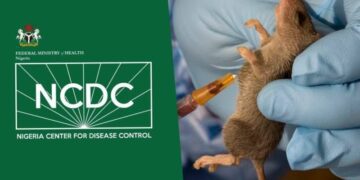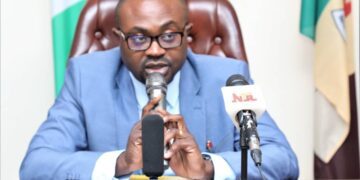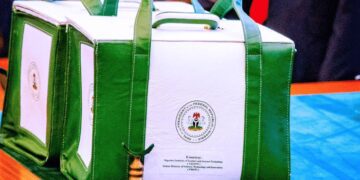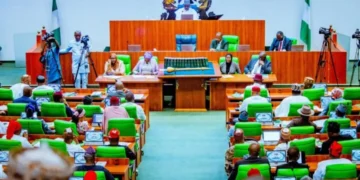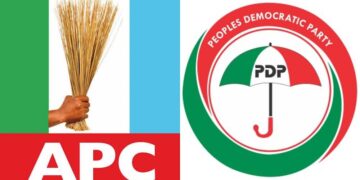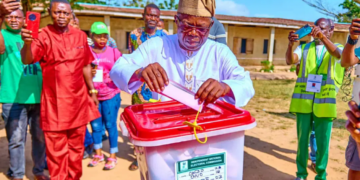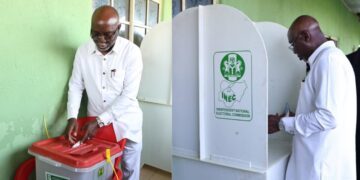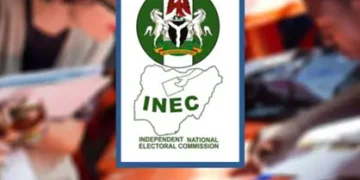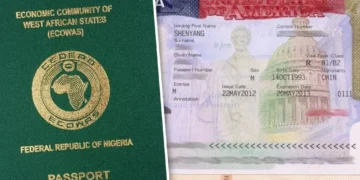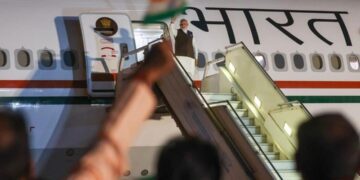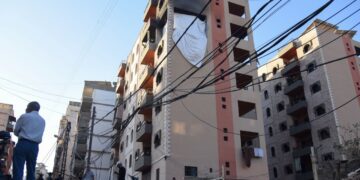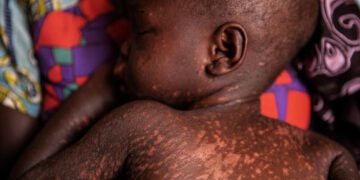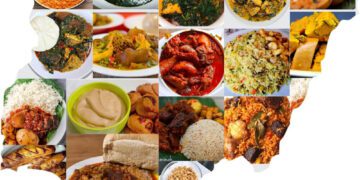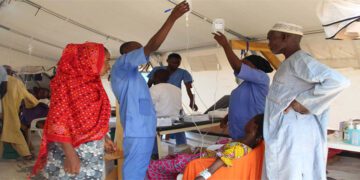By Dapo Okubanjo
The last few days have not been particularly smooth for the President Bola Tinubu administration after it emerged that the President was considering palliatives to the tune of N500bn to a segment of Nigerians.
Yes, the plan to disburse N8, 000 over a period of six months is targeted at people who are considered the most vulnerable amongst the populace to ameliorate their situation in the aftermath of the removal of fuel subsidy.
But surprisingly, the move has attracted a deluge of criticism with many describing it as an ill-thought out policy.
Not one of the critics considered that it may just be one of the many initiatives of the Tinubu administration to cushion the effect of the removal of fuel subsidy, a decision that many agree was in the nation’s best interest.
Interestingly, the same day the National Assembly gave its approval for the N500bn palliatives, Presidential spokesman Dele Alake, gave an insight into a well considered plan to guarantee food security and reduce inflation at a news conference.
A look at the plan showed that it is a holistic one designed to achieve food security in Nigeria by amongst others
ensuring all-year round food production instead of the current seasonal farming.
But the brouhaha over palliatives has completely overshadowed the Tinubu plan to boost food production and may be the first real test for the President’s media handlers given that a sizeable number of Nigerians have displayed a high level of ignorance on the matter.
While it may be understandable to see the Peoples Democratic Party (PDP) and its Presidential candidate Atiku Abubakar as well as other opposition elements going to great length to denounce the plan as a ploy by the Tinubu administration to dip its fingers into the public coffers, it is shocking to see many people assuming that the N8,000 is for every body.
What it then means is that many of the people who have been vocal in showing their disavowal of the plan have no idea that Nigeria has a registry of poor and vulnerable households known as National Social Register.
Listening to some of the argument put forward, one would realise that most of the strident criticism of the plan is borne out of a refusal to accept that some things good can come out of a party and administration they never liked.
But there are also others who genuinely did not know that there is a record somewhere of the country’s poor and vulnerable households in a Nigeria that is notorious for poor record keeping.
This was why quite a number of people assumed wrongly that social welfare initiatives like Trader moni and the Conditional Cash Transfer (CCT) of the Buhari administration were just an avenue to hand out money indiscriminately. And unfortunately there was no sustainable effort by relevant government agencies to push back on those narratives with concrete facts and figures.
So not too many people know that the country has a database of poor and vulnerable households or those that could be regarded as the poorest of the poor.
For the avoidance of doubt, Nigeria has a comprehensive data base that has details of 12,828,135 households and 52,838,729 individuals covering 128,249 communities across 8,000 wards in 737 local government areas of 36 states and the FCT as at September 30 2022 according to the National Social Safety Net Coordinating Office (NASSCO).
Arguably,it is the largest database of its kind in Africa but in the words of the National Coordinator of the agency, Iorwa Apera in a 2022 interview with Guardian newspapers, it is one of the largest and the most prominent in the world.
And for those who may be concerned about how the register was put together, it was done in collaboration with all 36 states and the FCT. Each of the over 50m individuals in that register has about 138 indicators attributed to them from biodata to vocation, educational qualification, access to social amenities in the community, access to roads to the communities, access to drinking water, access to toilet facilities, dwelling places and disability status, if any.
So from all indications,the question of how the beneficiaries of the Tinubu palliatives would be known does not even arise because there is indeed a database to work with and which has been sanctioned as credible by the World Bank.
And of course, the President has in his wisdom explained that digital transfers would be made directly to beneficiaries accounts and mobile wallets to guarantee the credibility of the process.
For a man who has, from day one of his presidency proved that he is equal to the task, by not only hitting the ground as promised, but also taking steps that have continued to impress even the international community, President Tinubu appears prepared to live by one of his famous sayings in recent times: “Let the poor breathe”.
Dapo Okubanjo is a journalist and public affairs commentator who writes via dokubanjo@yahoo.co.uk from Abuja















